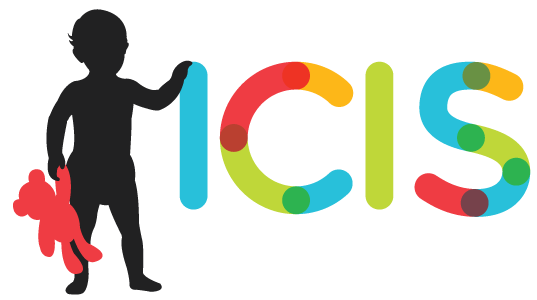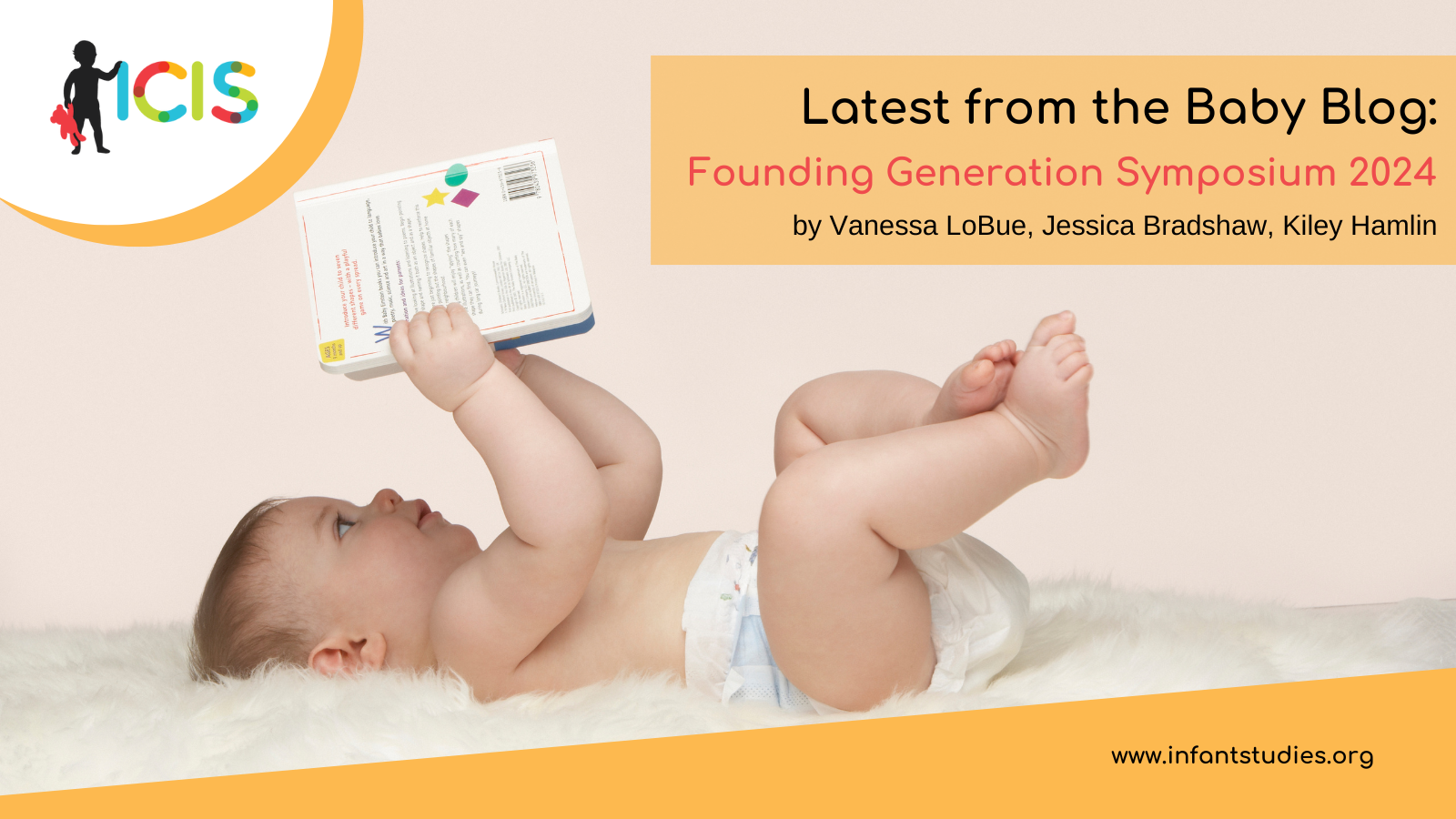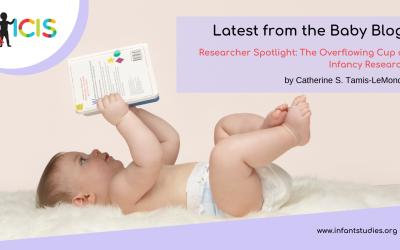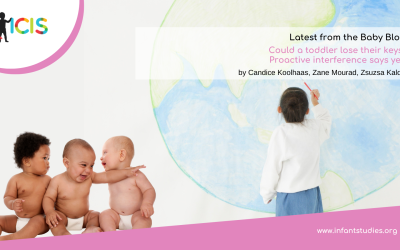Aubrianna Gerdes from the University of Kansas worked with Dr. Efthymios Papatzikis from Oslo Metropolitan University to look at how the premature infant responds to music measured by EEG. Premature infants are at risk for developmental delays. This risk may be further exacerbated by the loud and chaotic environment of the NICU. Her project aimed to create a preprocessing pipeline for EEG data collection with premature infants in the NICU. Her results suggest that this approach is a promising avenue for research on the impact of music in premature infants.
Cole Kaufmann from the University of Iowa and was mentored by Drs. Elena Luchkina and Elizabeth Spelke from Harvard University on identifying patterns of attention to screen media in typically developing infants. Using an existing dataset of 15- to 18-month-old infants, they found that both language ability and socio-economic status predicted infants’ sustained attention. These results suggests that language development might be particularly important for sustained attention for infants from low-SES backgrounds.
Iliad Nazari from the University of Minnesota worked with Dr. Elika Bergelson from Harvard University investigating babbling in blind infants, who tend to lag behind sighted infants in language production. So they asked, does a lack of sight affect the progression of babbling between 6 to 15 months of age? They found that blind infants initially lag behind sighted infants in babbling progression, and produce a lower number of canonical utterances. However, they eventually catch up, suggesting that initial visual input or feedback might be important for learning to early vocalization development.
Melody Ojo from the University of Surrey worked with Dr. Alexandra Hendry from the University of Oxford on inhibitory control in 20-month-old infants with a family history of autism or ADHD. In their task, infants had to resist the urge to touch a colorful glitter wand that was placed in front of them. Researchers found that infant behavior during this task did not differ between the autism and ADHD familial likelihood groups.
El Smith from Lancaster University worked with Dr. Jessica Sommerville from the University of Toronto on how caregiver process paise timing relates to infant and toddler persistence during challenging play tasks. Although caregiver process praise has been linked to children’s persistence in previous research, the timing of process praise might also be important. The researchers investigated whether the contingency of process praise affects persistence and data collection is still ongoing.
We congratulate these fantastic undergraduate fellows for producing such rigorous and compelling research this summer and look forward to following their career paths as emerging infant scientists!
Request for applications for the next Founding Generation Summer Fellowship for Undergraduates 2025 will be released in the Winter 2025.
About the Author

Vanessa LoBue
Rutgers University
Vanessa LoBue, Ph.D., is an Associate Professor of Psychology at Rutgers University. She received her B.S. from Carnegie Mellon University and her M.A. and Ph.D. from the University of Virginia. Dr. LoBue’s research focuses on human behavioral responses to emotionally valenced stimuli—specifically to negative or threatening stimuli—and the mechanisms guiding the development of these responses. More specifically, she examines how early perceptual biases for threat contribute to maladaptive avoidance behaviors, such as those associated with the development of fear and anxiety, and how cognition contributes to children’s learning of adaptive avoidance responses, such as avoidance of contagious people or contaminated objects.

Jessica Bradshaw
University of South Carolina
Dr. Bradshaw received her PhD in Clinical, Counseling, and School Psychology from the University of California, Santa Barbara after which time she completed her postdoctoral work at the Marcus Autism Center, Emory University School of Medicine. She has been involved in autism research since her undergraduate work in Cognitive Science at the University of California, San Diego and her post-baccalaureate work at the Yale Child Study Center.

Kiley Hamlin
University of British Columbia




